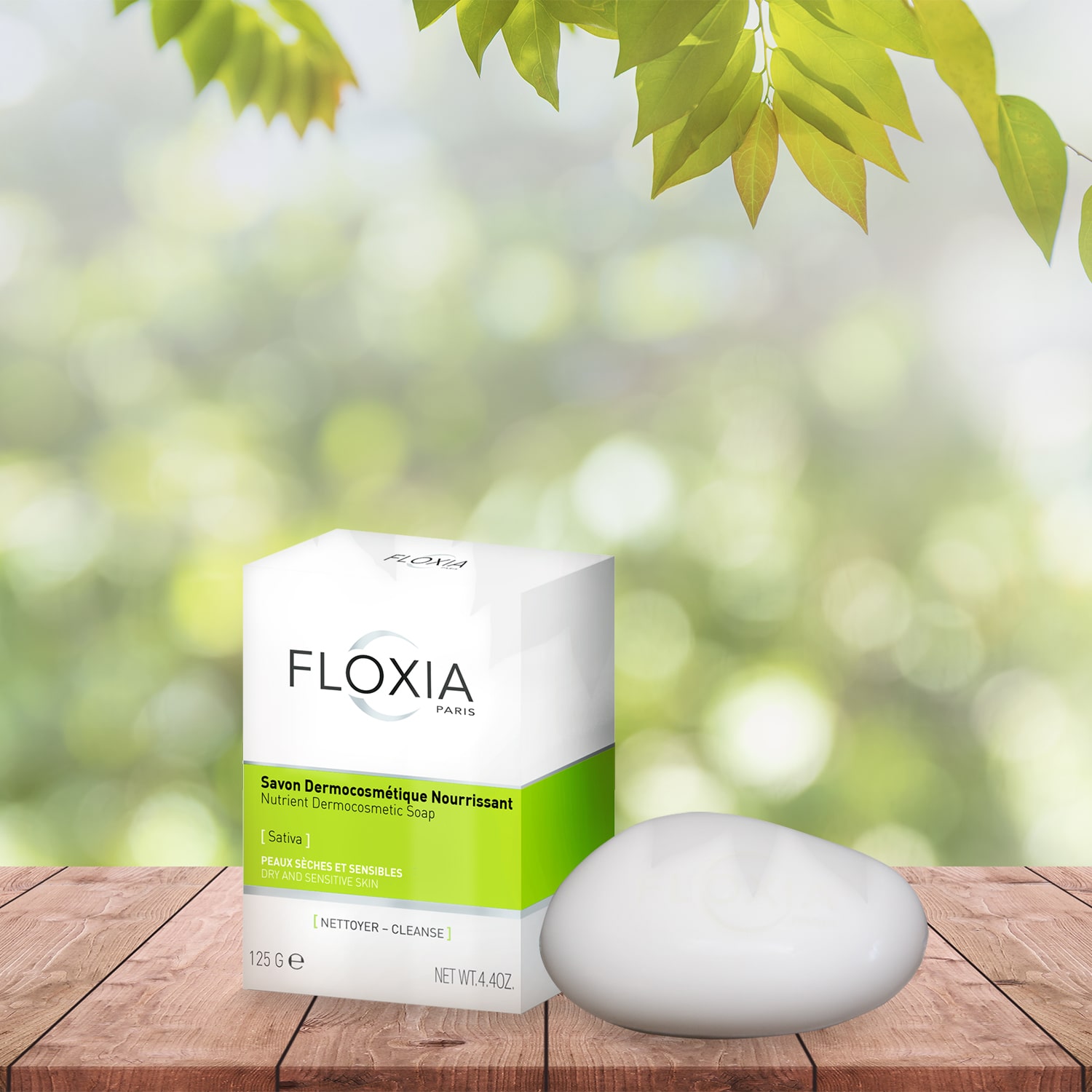Solutions to soothe itchy dry skin
Dry, itchy skin is often linked to intense dry skin. Having a dry face is often caused by a lipid loss of the skin’s hydrolipidic film. In other words, you have less sebum to protect the epidermis. It is therefore more sensitive to external aggressions.
Dermatologists refer to dry skin as xerosis. This type of skin should not be confused with a skin disease such as eczema, which can cause itching. Contact and atopic eczema is often accompanied by an inflammatory reaction (itchy red patches, small pimples, etc.).
Here are 5 solutions to soothe itchy dry skin:
- Deeply nourish your skin with a gentle nourishing cream (or an intense nourishing treatment)
- Moisturize your skin with a moisturizing cream or serum;
- Use mild soaps or foams without soap to avoid damaging the dermis;
- Avoid scratching;
- Wear soft clothing to avoid friction.
| The main causes of itchy dry skin |
|
Scratching dry skin is a common problem, especially during winter. It is explained by an alteration of the hydrolipidic film (skin barrier). This can lead to skin inflammation, because the skin is less well protected from external aggressions such as wind, pollution, UV rays, etc. Itchy skin can also be a sign of underlying skin conditions like eczema. Treatment of this condition requires the advice of a dermatologist. |
1. Deeply nourish your skin
Dry skin that scratches can be accompanied by peeling, that is to say dander, dead skin, which detaches from the skin. This can make makeup and foundation application difficult. Itching can also cause skin irritation with the sensation of burning dry skin.
Dry skin naturally lacks nutrition. Its sebum production is low, which prevents the skin barrier from properly protecting the skin surface. As a result, it is the door open to all aggressions! Itching is a consequence of this lack of sebum.
It is therefore necessary to nourish the skin in depth. If you have dry skin that scratches at the level of the body, especially the legs and arms, you can use the Nourishing Balm, composed of shea butter and vitamin E.
You can exchange a nourishing cream for vegetable oil. The cosmetic ingredients to be preferred in case of skin itching are:
- Vegetable glycerin;
- Aloe vera for intense hydration;
- Hyaluronic acid;
- Shea butter to provide lipids;
- Vegetable oil from avocado, soy, apricot, oats…
- All sources of fatty acids (target oilseeds such as almonds, hazelnuts…).
Also remember to keep a nourishing balm in your purse so you can moisturize and nourish your skin as soon as it starts to scratch. For example, the Nourishing Hand Cream is perfect for soothing fine skin irritations of hands and fingers.

3. Use mild soaps to cleanse face and body
When you have dry, irritated skin, the ordeal is to clean your skin. However, cleaning is an essential step. That’s why the Sativa range of treatments for dry and sensitive skin offers face and body cleansers adapted to dry skin.
![[Sativa] Mousse purifiante sans savon-min](https://floxia.com/wp-content/uploads/2022/09/Sativa-Mousse-purifiante-sans-savon-min.jpg)
Discover Sativa Soap Free Cleansing Foam. It contains no soap to not irritate and damage the skin further. Its soft active ingredients release impurities and remove the last traces of makeup, even waterproof.

Dermocosmetic Nourishing Soap for the body is a greasy bar of soap that nourishes and moisturizes the epidermis in depth. It maintains the elasticity of the skin and cleans without aggression in order to soften the dermis and make it supple.
![[Sativa] Solution micellaire apaisante-min-min](https://floxia.com/wp-content/uploads/2022/09/Sativa-Solution-micellaire-apaisante-min-min.jpg)
Finally, if you wear makeup, do not skip the step of makeup removal. The Soothing Micellar Solution is specially designed for dry skin that itches or burns. It does not irritate the skin, unclogs the pores and reduces feelings of discomfort.
You can apply moisturizing and nourishing masks to calm irritation and tightness. The skin of the face, when dry, is particularly sensitive. The key word of your skincare routines to have a beautiful skin is: SOFTNESS.
4. Avoid scratching your skin
We know that avoiding scratching itchy skin is sometimes torture. And yet, we must try not to give in to temptation! The more you scratch, the more you will worsen the condition of your skin.
This itching can become irritation and then inflammation. Scratching can also further damage the skin barrier and cause redness, swelling and infections.
5. Wear soft clothing
Le frottement des vêtements contre la peau peut aggraver les démangeaisons. Nous vous conseillons donc de vous habiller avec des tissus doux, de préférence en coton, car cette matière est moins irritante pour la peau.
Pensez aussi à la température de votre maison. Surtout en hiver où l’on met le chauffage, un air trop chaud pour accentuer les irritations. Les environnements secs et humides aussi.

